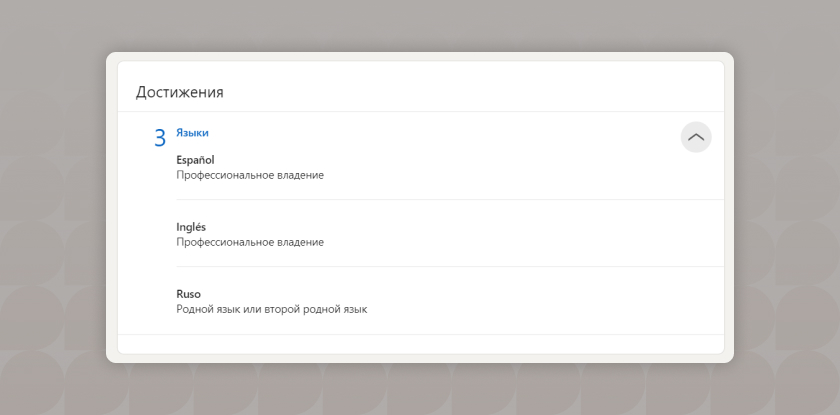How to use social media to find a job
Even if you’re not an avid social media user or practice long periods of “information detox,” a good LinkedIn or Facebook profile is a vital tool when searching for a job. Having a social media presence will give you access to more opportunities, make you visible to recruiters, and show employers that you’re up to date with current trends in the digital world.
According to Russian-speaking HR professionals, employers search LinkedIn to fill marketing positions and find highly qualified specialists. Marina Zapolskaya, General Manager of Talentgrator, has prepared some practical advice for job seekers looking for their next opportunity on social media, using LinkedIn as an example.
1. Update your personal information. Adjust the privacy settings on your profile and check its contents. Fill in your “About Me” section with everywhere you have studied and worked, as listed in your CV. Some kinds of posts should be open only to friends, but those about your job search, attending a professional exhibition, speaking at an exciting conference, successfully closing a project, or completing another training course should be open to the general public.
2. Polish your profile. Remember that recruiters view dozens of applicants per day and will make a snap judgment based on subjective criteria: the appropriateness of your comments, how well-written your posts are, the quality of your photos, etc. The first things a recruiter or hiring manager sees are your photo and the cover page of your profile, so make sure they match the image you want to convey.
“Highlight anything that might positively influence an employer’s decision to hire you.”
3. Make your goal public. Focus on the message that you’re open to work and ask your network to spread the word. You can also publish this information in relevant groups. Both LinkedIn and Facebook have many groups dedicated to professionals hunting for jobs in a particular region, abroad in general, within a specific profession, or in particular industries. The text should be simple and free from errors, and it should be clear what kind of position you are applying for and what skills you have. A high-quality photo is also essential.
4. Take the initiative to apply for jobs on your own. When communicating with a recruiter on social media, introduce yourself, state your subject, and point out how you can be an asset to their company. Be professional and courteous; even if you’re not their choice for a current opening, they might keep you on file for future opportunities if you make a good first impression.
5. Include information on what languages you speak and at what level (beginner/intermediate/advanced or native speaker). This will help recruiters identify whether the job opening is right for you if a certain language and fluency level (C1 English, for example) is a prerequisite.

If you’re using social media to find a job, you’ll have to keep an eye on the content you’re showing your audience. Also, be prepared not only for job offers but also for unwanted guests and negative comments. And a quick note: The way you respond to unflattering comments also tells your recruiter something about who you are.
Getting started is the hardest step, but once you let go of negative attitudes and open yourself up to new things, the next job that comes your way could be the one you’re dreaming of. If you’re still in doubt about filling out your LinkedIn/Facebook profile and looking for a job there, don’t hesitate to contact us.
At Talentgrator, we help our candidates write their CVs, complete their LinkedIn and Facebook profiles, and prepare for interviews with employers, as well as providing detailed feedback at the end of each interview.